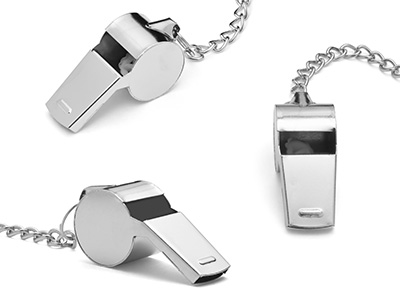On June 9, 2016, the Securities and Exchange Commission (‘SEC”) awarded the second largest whistleblower bounty – $17 million – granted under the Dodd-Frank whistleblower rules to date. Previously, the highest whistleblower awards were a $30 million award in September 2014 and a $14 million award in October 2013. The $17 million award comes on the heels of $26 million in whistleblower awards given to five anonymous individuals over the last month alone. These awards serve as a warning to companies that the SEC takes its whistleblower program seriously and will continue to encourage and reward company insiders for coming forward with information that leads to successful enforcement actions. As Sean X. McKessy, Chief of the SEC’s Office of the Whistleblower – a department created by the SEC to give whistleblowers a place to submit their tips – said, “[W]e hope these substantial awards encourage other individuals with knowledge of potential federal securities law violations to make the right choice to come forward and report the wrongdoing to the SEC.”
The Whistle Blows Again: SEC Pays Second Largest Whistleblower Bounty Award





